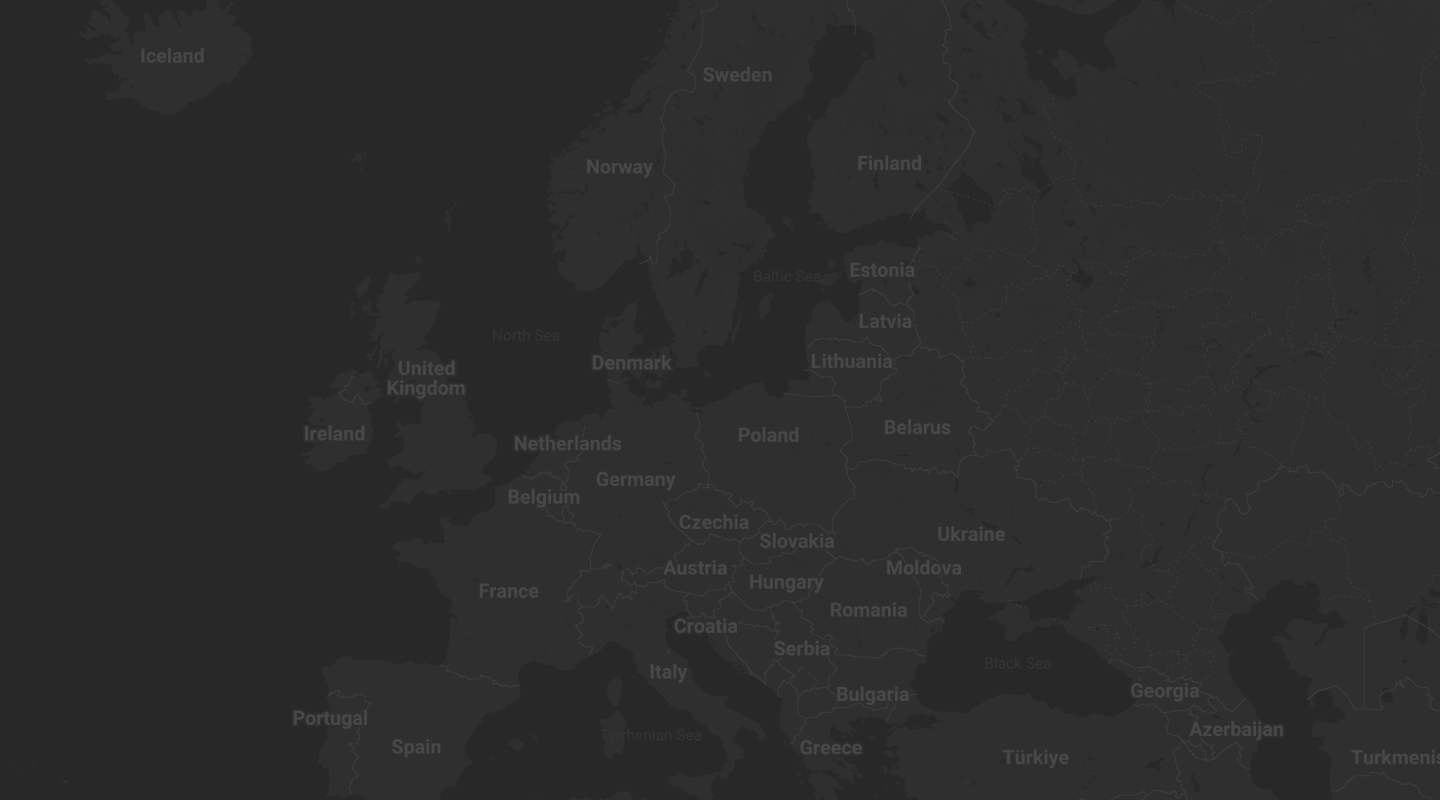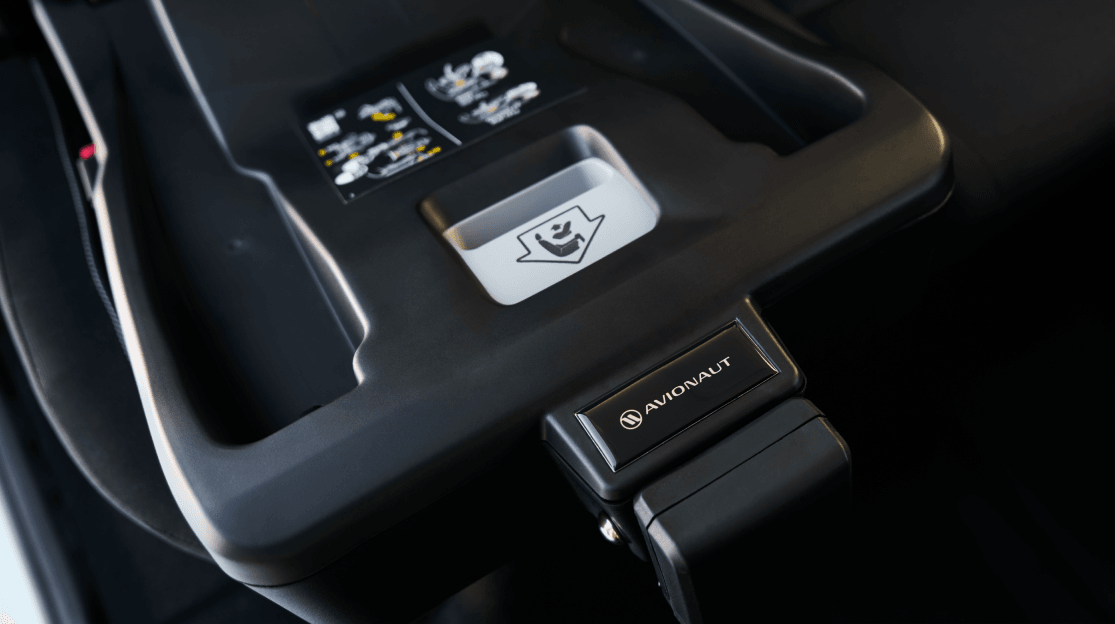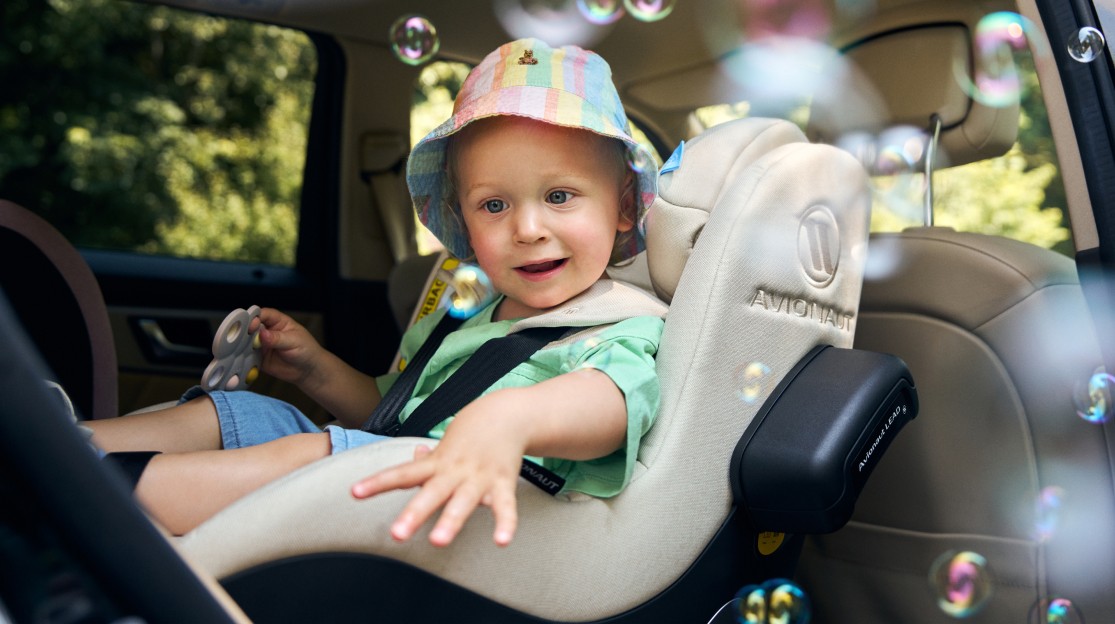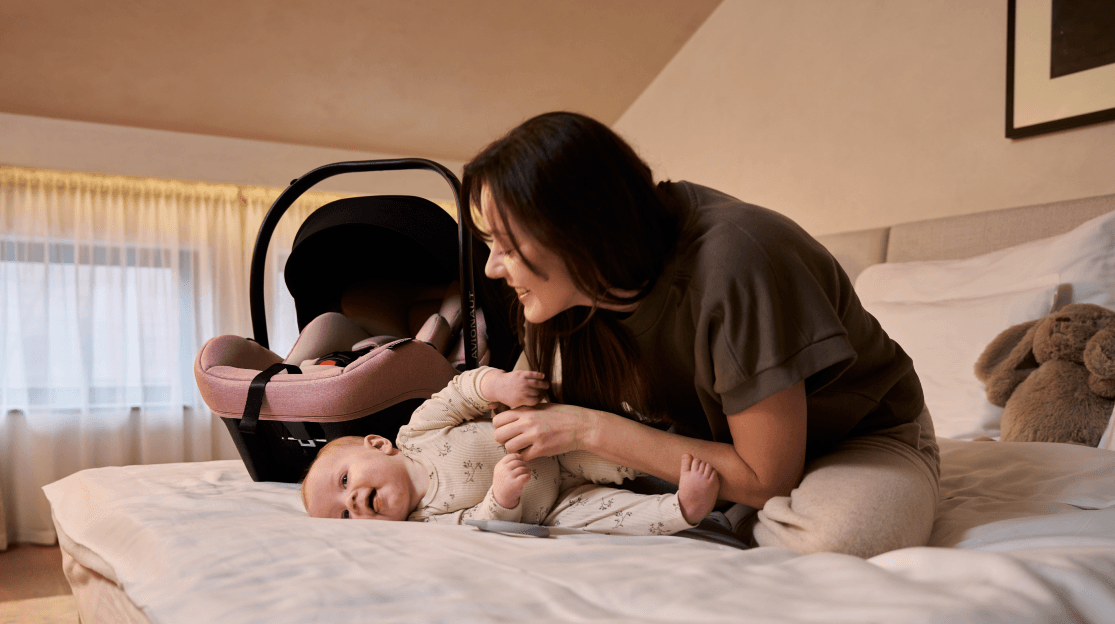
Newborn baby seat – what should I look out for? A midwife’s opinion
How do you take care of yourself when you become a mum?
That magical moment when you can see two lines on the pregnancy test marks the beginning of possibly the most beautiful and intense adventure of your life. And while the enchanted nine months is a time when you can take care of yourself, the moment an infant lands on your chest has some secret power – you tend to forget about your own needs and focus solely on the baby. This is natural and right on the one hand. On the other hand, the whole time you are preparing to have a baby should also prompt you and record in your mind that the cliché ‘a happy mum is a happy baby’ has indeed a deep meaning.

Puerperium is the six-week period just after the birth of the baby, when a woman’s body gradually returns to its pre-pregnancy state. Changes in body structure, function and composition are reversing as the days go by. The centre of gravity returns to its former location. With each month of growth, the baby changes his or her position, forcing the body into a completely new posture and the muscles to work in different planes than before. The sudden return to the former place constitutes a major change for the functioning of a tired body. This is where a visit to a physiotherapist, especially one specialising in urogynaecology or an osteopath, often proves invaluable. Apart from the physical changes, despite the long preparation that is pregnancy, everything suddenly changes in the sphere of the mother’s psychology. From now on, she will always be thinking about herself and her child.
This is all the most natural event imaginable. The body and mind knows exactly how to cope with this task. However, the more developed the world is becoming, the more knowledge and access to information we have, the more often we feel lost. The first important element to address to make becoming a mum comfortable is the right sources of information. Knowledge – it’s fundamental. This one is for mothers-to-be, not necessarily taken from medical textbooks and articles. If you acquire information on how to properly care for both your baby and yourself, you will get through this turbulent period more calmly. Make sure you get medical care that meets your needs, look for a midwife who is supportive. If during pregnancy, you already feel that your head needs to see a psychologist, don’t delay it until after the birth. Believe me, it is going to be more difficult to organise things then. Emotional problems, although the term does not sound encouraging, are an inevitable part of our busy everyday lives. What is worth emphasising is that those that existed before and during pregnancy are unlikely to disappear after giving birth; on the contrary, you will need to look after them even more.
The appearance of a new family member means new responsibilities and new time-related challenges. Working on organising your time during this period is important. Being aware of the presumed moment of birth, one can plan for the partner, the husband, to have at least some time off from work. If that’s not an option, the presence of your mum, mother-in-law, sister or friend may allow you to take a breath for a while. New responsibilities around the baby carry away your thoughts and desires away from the everyday ones. It’s worth planning what you’re going to eat after you give birth (oh those jars from mummy), shopping around for supplies, or even looking around for places to eat healthily and well. Why get wrapped up in such issues when there is someone to pamper around the clock?
However, it is not just nurturing yourself and your child that you live by. Our active lifestyle before birth, both in terms of fitness and interpersonal contact, does not need to come to a standstill once we have a baby. The return to fitness should be gradual, with caution so as not to put additional and excessive strain on the body. One may mention the walks with the toddler as one of the first activities that will bring us closer to our former form, but also simply help us to regain our full strength on both the physical and mental level. From the first days after returning from hospital, going out should become a regular part of the day. Even starting with a short walk, from a few to sometimes even two or more hours in a day. Depending on the pace, it will be several thousand steps, towards former fitness. A comfortable trolley and shoes will be necessary for this purpose. And, of course, a bottle of water. Depending on the mood of the mum at the wheel, it’s easy to pack up and go for a walk to a park nearer or further away, because even if you lived in the most interesting area in the world, visiting the same places every day diminishes enthusiasm. In such a situation, a good and safe seat will be essential. For a young mother, in addition to safety tests, the convenience of this type of equipment is very important. Here, the weight of the seat is not insignificant. If a woman is not advised to carry weights in the postnatal period, and in fact the weight of her baby should be the upper limit of what she can carry, adding a heavy seat can become a major challenge This is where the phenomenal Avionaut Pixel Pro seat makes it easier – it is comfortable for your baby, and it’s also lightweight and convenient, and often only half the weight of competitors’ products. And it is as safe as ever. The convenience of fitting the seat in the car is not insignificant – the less unnecessary movements, the greater the comfort and, above all, the less strain on the body. The Pixel Pro adapts well to a child’s growing body. Even the smallest newborn travels very comfortably in it, and when your toddler gets older and bigger, all you have to do is change the pad under his or her bottom. Besides safety, this is important because small children can effectively let us know that they do not want to travel in a forced position by shouting. That’s why it’s important to pay attention to make sure they’re comfortable too.
Freedom of movement with a young child is not only an aspect of physical fitness. The need to get together with loved ones, to go out is one that is often hard for a young mother to express, and one that has a huge impact on her wellbeing. While any shopping malls or crowded restaurants are not a good environment for a toddler, a walk in the park or a coffee with a friend can give you more energy and raise your spirits more than a good night’s sleep.
I would also add that the convenience of children’s equipment is also useful for the father. It is worth highlighting their role in the puerperium. They tend to be the closest to us and see more and from a different perspective. They are the equivalent caregiver of a toddler, so it is a good idea to support and share the care of the toddler from the very beginning. My experience is that more often than not, it is us women who are more resistant to their walks with the baby than the dads themselves. Why not use this moment for yourself right from the start, and strengthen their desire to spend time actively with their toddler one-to-one?
Postpartum is not an easy period. Everything is changing, quickly and rapidly, but pushing us in the best possible direction. Planning this initial period well, taking care not only of the child’s needs but also of your own, will help you to get through it in a positive way. If a mother is not feeling well, it is harder for her to care for her toddler, so she should always place her needs high. After all, a happy mum is a happy baby.
Related articles






